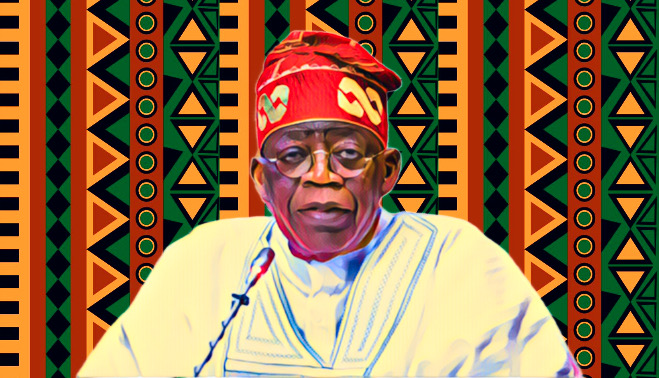Fifty days after the Presidential Election Petition Court confirmed the Independent National Electoral Commission’s (INEC) decision to declare Asiwaju Bola Tinubu of the All Progressives Congress (APC) the winner of the February 25, 2023 presidential election, the Supreme Court agreed on Thursday, October 26.
A seven-judge panel of the Supreme Court, in a dual appeal judgment, said the challengers failed to provide evidence that they deserved the win over Tinubu.
The Supreme Court dismissed the appeals by the People’s Democratic Party’s (PDP) Alhaji Atiku Abubakar and the Labour Party’s (LP) Mr. Peter Obi, upholding the presidential tribunal’s September 6 decision that confirmed Tinubu as Nigeria’s President. This verdict puts to rest all election-related disputes and ensures Tinubu’s presidency for the coming four years.
Immediate challenges for Tinubu’s administration include enhancing governance, improving living standards—especially after the removal of the fuel subsidy and the floating of the naira—and tackling the rampant corruption in Nigeria.
According to a report by This Day Live, Atiku and Obi claimed the election suffered from corruption and pushed for its cancellation. They also resisted Tinubu’s presidency, pointing out his alleged corrupt past. However, both the presidential tribunal and the Supreme Court dismissed these issues on technical grounds.
Justice Musa Dattijo Muhammad of the Supreme Court also expressed worries about corruption within the judiciary after affirming Tinubu.
With corruption at the forefront, many scrutinize Tinubu’s “Renewed Hope” campaign slogan. Demands for the president to address allegations against him, including a decade-old incident where he reportedly surrendered $460,000 to the US government and recent efforts to block the release of his academic and personal records by US institutions, intensify.
Atiku once tried to leverage Tinubu’s academic documents from Chicago State University to allege certificate forgery. Yet, the Supreme Court dismissed these records, claiming they came too late in the legal proceedings.
On March 1, INEC’s Chairman, Prof. Mahmood Yakubu, announced that Tinubu won the February 25, 2023, presidential election. Official results show that Tinubu’s APC received 8,794,726 votes, while PDP’s Atiku Abubakar and LP’s Peter Obi got 6,984,520 and 6,101,533 votes, respectively.
Unsatisfied with this result, Atiku and Obi contested the outcome, alleging electoral irregularities and violations of specific rules. The tribunal and the Supreme Court, however, dismissed their petitions for lack of substantial evidence.
Although election-related controversies have subsided following the Supreme Court’s conclusive decision, Nigerians now look to President Tinubu with hopes of a brighter, corruption-free future.


